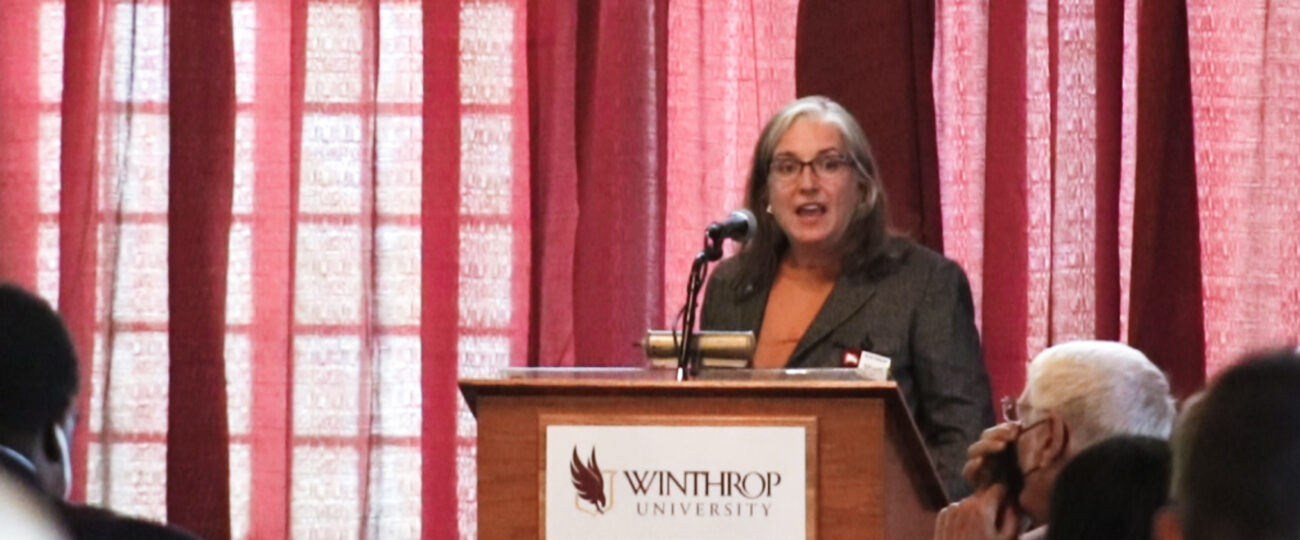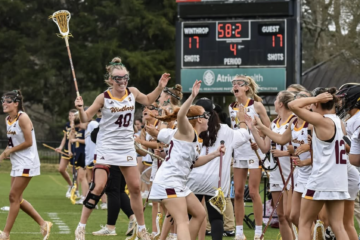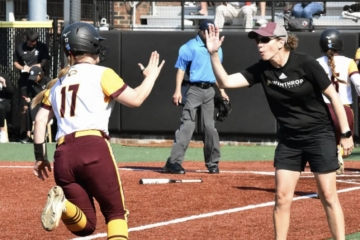Since the NCAA’s ruling this summer to allow student-athletes to sign name, image and likeness (NIL) deals, Winthrop Athletics has seen many of its student-athletes ink their own deals.
“We have about 25 deals that our student-athletes have garnered all on their own,” said interim athletic director Kelley Kish.
Kish spoke at the meeting for Winthrop’s Board of Trustees Committee on External Engagement and Athletics on Thursday.
“The most common is social media endorsements,” Kish said. “Our student-athletes will post about it (the company they are representing) — some of them even have discount codes.”
According to Kish, national trends show that football players have boasted the most NIL deals since deals have been allowed (July 1), followed by volleyball players, though she noted this is likely due to the sports being in-season. Rankings after those two sports include men’s basketball, women’s soccer and women’s basketball.
As for Winthrop, Kish said the most deals have been signed by members of the golf teams, followed closely by members of the soccer teams. She said baseball and lacrosse “have a handful.”
“We actually only have one on each of our basketball teams,” Kish said.
She said most student-athletes at Winthrop are receiving other forms of payment outside of money.
“There’s very few of our student-athletes making just dollars from this,” Kish said. “Most of them are making product and even a percentage of what might be sales using their link or their code.”
While the majority of deals signed by Winthrop student-athletes have been related to social media, Kish did say there have been others.
“Outside of social media, we have just a few that are doing a commercial and then one that’s doing private lessons and monetizing their name that way,” she said.
Kish said in most cases at Winthrop, the student-athlete’s social media presence and sheer following are what scored them a NIL deal, as opposed to their athletic ability. She also said that in many instances, the student-athlete is the one to initiate conversations with a company.
“It’s them reaching out. It’s not necessarily the companies finding our student-athletes,” Kish said.
Kish said there is a process and a requirement for student-athletes and the company they partner with to notify the athletic department in advance of payment.
Kish said oversight of NIL deals will soon be the responsibility of an individual (the “NIL contact”) within Winthrop Athletics once the department fills some of its vacancies.
“That’ll probably be about 25% of their job duties because right now we’re fielding questions from our student-athletes left and right about what they can do. They want to stay within the guidelines — within the NCAA guidelines and within our institutional guidelines.”
Kish said student-athletes are a separate entity from Winthrop Athletics, and therefore, the athletic department cannot be held responsible for any implications (such as taxes) the student-athlete does not take into account. She said the department has educated its student-athletes on their NIL responsibilities and will continue to do so.




